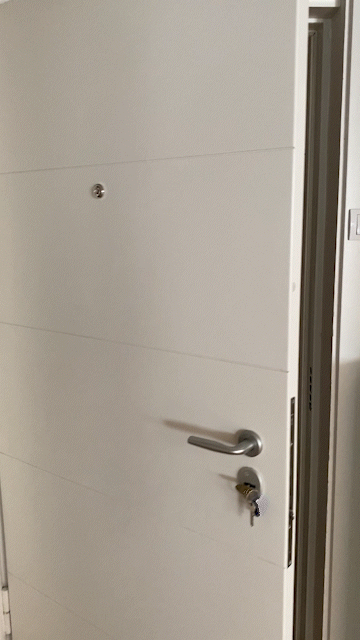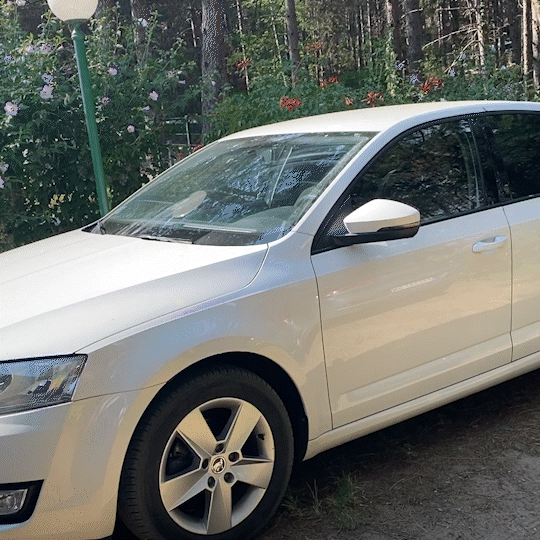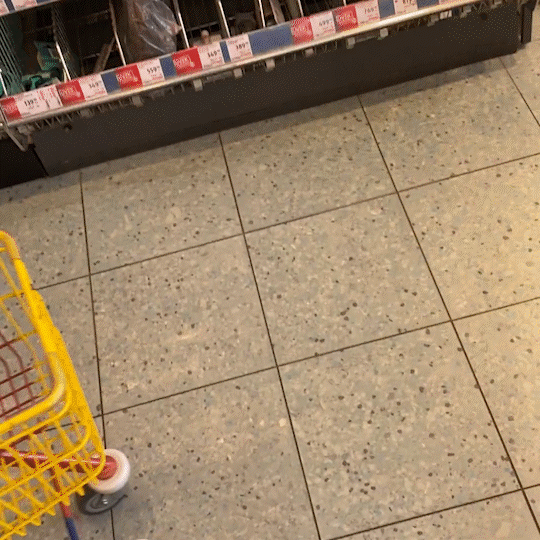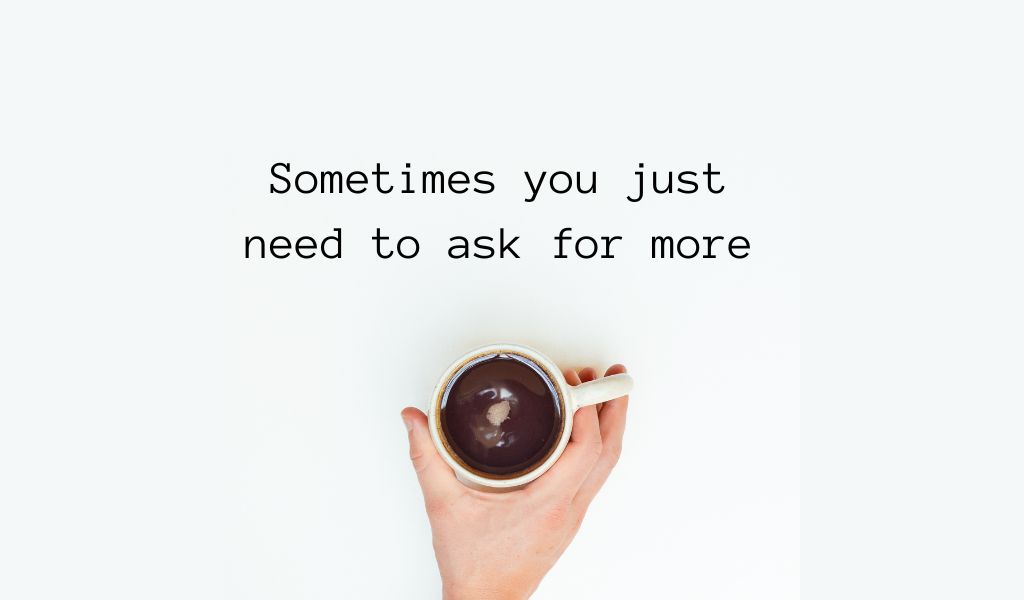
You are proud of how much progress you’ve made with your Serbian language learning. You are an intermediate or advanced speaker and it feels great to talk to people on the streets. The Serbian language cases are like your big brother.
You always fight them, but deep down adore them. However, there are some words that appear every now and then, and it seems you never get them right. It is frustrating. Are they feminine? Or plural? What’s their deal? Let’s find out which are these 5 Serbian words you didn’t know were plural.
Pluralia tantum - Words that are always plural
A plurale tantum is a noun that only has a plural form. These nouns don’t have the singular form and usually represent some kind of a pair. In most Indo-European languages there are similar pluralia tantum nouns such as:
- makaze – scissors
- pantalone – trousers(pants)
- naočare – glasses.
We are not going to talk about these because they are well-known. Let’s focus on the nouns you don’t expect to be plural or are not plural in English. These words were problematic for most of my intermediate or advanced students. Usually, they either had insufficient contact with the language or awareness of them. We are going to talk about them now and make sure you memorize them.
Before We Start
The nouns we are going to focus on are neutral gender and plural form. You should know this to make correct sentences. Out of the 5 nouns I’m going to mention, there are:
- two body parts
- one exists in every building
- two are vehicles, so to speak.
I am going to give you as many real-life examples as possible. Some of them are going to be taken from the internet or newspapers. Let’s get on in.
1. Leđa - Back
If you’re an expat, you need to know your body vocabulary. A doctor’s check-up is just around the corner. This knowledge would also come in handy in the gym, working with a personal trainer, or when you’re getting a massage.
Your back usually starts hurting with age, improper posture, and inactivity. Let’s see the sentences you would most commonly use or hear:
Bole me leđa. My back hurts.
Imam bol u leđima. I have a backache.
Imaš jaka leđa. You have a strong back.
Leđa su mi katastrofa. (slang) My back is in horrible shape.
Leđa me ubijaju. (slang) My back is killing me.
There are also some metaphorical expressions you should know:
- Miloš mi je zabio nož u leđa – prešao je da igra u drugi tim. Miloš stabbed me in the back – he transferred to another team.
- Ne možeš ti da uživaš preko mojih leđa. I cannot suffer for you to enjoy.
- One su se sve dogovarale i pričale iza mojih leđa. They made a deal and talked behind my back.
- Pre utakmice, trener je popričao sa Majom i dao joj je vetar u leđa. Before the match, the coach spoke to Maja and motivated her.
- Kijanu Rivs okrenuo leđa Holivudu. Keany Reeves turned his back on Hollywood.

2. Usta - Mouth
The mouth is another body part that is always in the plural.
- Suva su mi usta. My mouth is dry.
- Otkud mi ukus peperminta u ustima? Where did I get the peppermint taste in my mouth come from?
- Čudne stvari koje stomatolog odmah sazna o vama čim otvorite usta. Weird things your dentist discovers about you as soon as you open your mouth.
Besides talking about the mouth as a body part, we often use it in topics related to how talkative is someone. There are other metaphoric uses of the word. Let’s check it out:
- Čim je otvorio usta, znala sam da laže. As soon as he opened his mouth, I knew he was lying.
- Od ove reklame ide mi voda na usta. This ad makes my mouth water.
- Političarima usta puna evrointegracija, ali nema rezultata. All the politicians talk about is eurointegration, but there are no results.
- Novak Đoković začepio usta hejterima. Novak Đoković shut the mouths of haters.
- To znači da imamo puno više ustiju koje moramo nahraniti. That means we have a lot of mouths to feed.


3. Vrata - Door
This a very important word to know especially for the sentences like:
- Vrata su otvorena. The door is open.
- Vrata su zatvorena. The door is closed.
- Vrata su zaključana. The door is locked.
- Vrata su otključana. The door is unlocked.
Be careful not to mix the word vrata with vrat (masculine, singular; meaning: neck). Vrat in some case forms looks like vrata. They will never have the same form with prepositions:
- Imam zlatnu medalju oko vrata. I have a gold medal around my neck.
- Imam zlatnu medalju na vratima. I have a gold medal on the door.
And to all my Spanish-speaking folk, make sure to practice the difference between b and v sounds. Brat, vrat and vrata are totally different things. If you pronounce them the same, it can lead to misunderstandings. Luckily, in most cases, the context will save the day.
4. Kola - Car
Kola is one of the two words you can use for a car. The most common examples of this word would be:
- Gde su ti kola? Where is your car?
- Kola su parkirana na ulici. The car is parked on the street.
- Kola su žute boje. The car is yellow.
Words you can mix it with:
- kolo – neutral singual, meaning: traditional Serbian dance
- kolo – neutral singular, meaning: round (like in a football championship)
Another word you can use for a car is automobil (masculine singular). We usually use just the shorter version which is auto (it stays masculine singular because it is just a short version of the original word automobil).
Moj automobil je u garaži. My car is in the garage.
Moj auto je u garaži. My car is in the garage.

5. Kolica - multiple meanings
It is similar to kola, but like a diminutive. The meaning is threefold. It can be a shopping cart, a wheelchair, or a stroller.
Examples:
Kolica su u gepeku. The stroller is in the trunk.
Kolica su sklopljena. The stroller is folded.
U ovoj zgradi nema rampe za moja kolica. In this building, there is no ramp for my wheelchair.

Now it’s your turn
I’ve talked with some great people who had a good level of Serbian, but who would get totally lost with these nouns. When they used these nouns with the singular form verb, it betrayed them in a second. Nobody ever warned them, so they thought these nouns were feminine singular. Luckily, you discovered this article.
I genuinely hope the examples will help you remember these nouns and use them properly. It’s all about the practice, so put a couple of your examples in the comments. I will be glad to read them and give you feedback.
Want to learn more?
You do need a teacher to learn Serbian. But only the basics. Find out what to do after you complete your beginner course in Serbian.
What are the steps anyone can take to learn Serbian? Check out our 3-step guide and start learning Serbian right now.
Were you ever confused in Serbian when you need to ask for "more"? Read more and get a clear image on when to use 'još' and 'više'.



